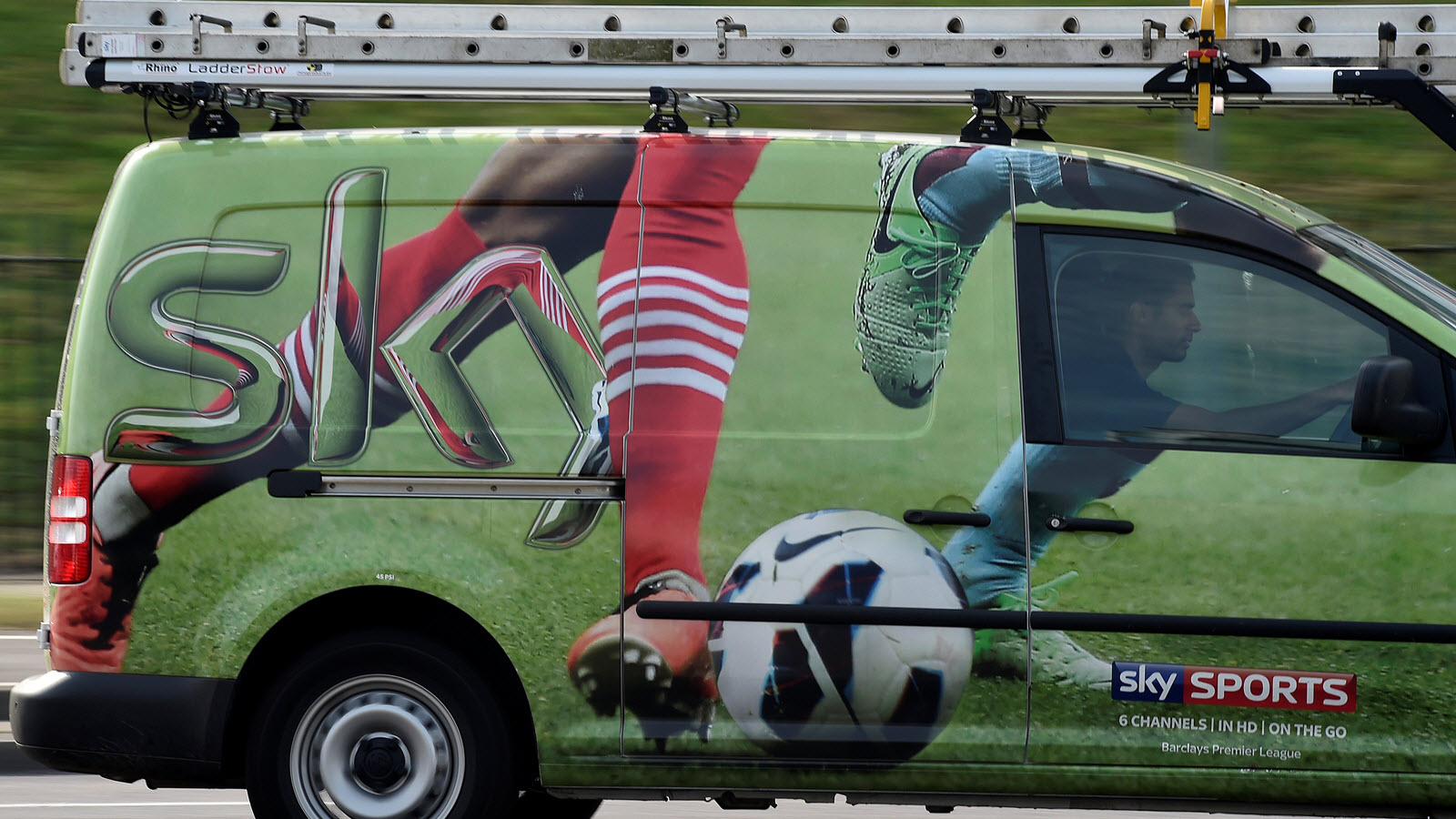Comcast’s Manifest Destiny
The smarter way to stay on top of the multichannel video marketplace. Sign up below.
You are now subscribed
Your newsletter sign-up was successful

Just days after saying it was ready and willing to make a counteroffer for 21st Century Fox assets pledged to The Walt Disney Co., Comcast now has about six weeks to put up or shut up.
Both Disney and Fox said on May 30 that they will hold their respective special shareholders’ meetings July 10 to vote on the $68 billion deal. Disney’s is slated for 10 a.m. at the New Amsterdam Theater in New York, Fox’s at the same time at the New York Hilton Midtown. While both companies have recommended that shareholders vote in favor of the transaction approved by their boards months ago, Fox acknowledged it was “aware” that Comcast could make a competing offer.
Should Comcast lob in an all-cash offer (and every indication is that it will), the shareholders’ meetings could be postponed to a later time.
Waiting on AT&T Ruling
Comcast is expected to wait until June 12 to make a formal offer for the assets. That’s when U.S. District Court Judge Richard Leon is expected to make his ruling on the other big media deal on the table: AT&T’s $108.7 billion purchase of Time Warner.
Much has been made of Comcast’s intentions, mainly surrounding the inevitable bidding war that a counteroffer would touch off. But more broadly, its move underscores just how rapidly the pay TV landscape is changing.
In one fell swoop, the deal would give Comcast control of two sizable content and distribution assets inside the U.S. (online video service Hulu) and outside (U.K. satellite-TV giant Sky).
The smarter way to stay on top of the multichannel video marketplace. Sign up below.
Hulu, the online service partly owned by Disney (30%), Fox (30%), Comcast (30%) and Time Warner (10%), about a year ago launched Hulu Live, a virtual multichannel video programming distributor that now has about 800,000 customers. That’s in addition to the Hulu SVOD service, which boasts around 20 million customers.
Getting Fox’s 30% interest in Hulu would give Comcast 60% control of a national OTT distribution arm — it would likely try to buy out Disney and Time Warner at a later date — and could position the cable operator nicely for any changes that may come in the distribution business.
Adding Fox Networks International, Sky and Star India, Fox’s pay TV network in India, would also lessen the blow of increasingly intense competition in the U.S. by boosting Comcast’s international exposure from 9% of total revenue to 25%.
“It’s an international play,” said one person familiar with Comcast’s thinking, who asked not to be named. “You’ve got Sky News, they have an OTT platform called Sky Now; over in India, 400 million people watch a cricket match. There’s a lot of opportunity internationally.”
Comcast made a formal offer for 100% of Sky in April valued at $31 billion, a deal that trumps an earlier buyout offer by Fox. Unlike the Fox deal, it is expected to get little pushback from U.K. regulators. Adding the Sky bid to an anticipated $78 billion offer for the Fox assets would push Comcast’s total commitment to the Murdoch family well over $100 billion.
Comcast was an early participant in the bidding for the Fox assets last year, but dropped out after it became apparent Disney was the preferred suitor. Comcast apparently floated an all-stock deal that was at a 16% premium to the Disney bid, but said in a statement at the time it “never got the level of engagement needed to make a definitive offer.”
Cable Declines, Netflix Soars
Since December, cable companies have endured heavier-than-expected video subscriber losses and a shift in investor sentiment toward alternative distribution. Comcast shares have lost more than 20% of their value since the beginning of the year, and the rest of the sector has seen similar declines.
Meanwhile, shares in Netflix, which practically invented the SVOD space, are up by more than 80%, and last week the OTT service passed both Comcast and Disney in total value, with a market cap of $153.7 billion. Disney’s market cap was $149.02 billion and Comcast’s was $144.9 billion as of May 31.
“It feels like Comcast wants it more than Disney partly because Disney needs Fox less than Comcast,” Pivotal Research Group CEO and senior media & communications analyst Jeff Wlodarczak said. “In regards to developing a global OTT platform, Disney probably does need Fox less than Comcast.”
